With Donald Trump set to return to the White House for another term, what will that mean for social media regulations, and how will the major social platforms be impacted by a second Trump administration?
Social media has played a big role in Trump’s rise, with the President-Elect even starting his own social media app to connect with his audience. And now, with Elon Musk by his side, it will also be an element of broader focus for his government.
Here’s what could be in store for each of the major platforms, based on Trump’s campaign trail statements.
Meta
Trump has a mixed relationship with Zuck and Co., with the President-Elect spending millions on Facebook ads in the past to promote his campaign, while also accusing the platform of censoring him and trying to limit his reach in more recent efforts.
Indeed, on the campaign trail, Trump repeatedly warned Zuckerberg not to interfere with the 2024 campaign, and threatened to jail him for life if he did.
Meta, of course, has been trying to move away from political content for this exact reason, to avoid conflicts that both bring more scrutiny to the app, and portray its products in a negative light. As such, Meta has largely been hands-off this time around, but Trump still seems to hold a grudge, which could be a negative for the company over the next four years.
But then again, Trump also wants to promote American innovation, particularly in AI, and his approach, at this stage at least, could see a loosening of AI regulations, which would enable Meta to expand its AI efforts.
Trump has vowed to roll back President Biden’s executive order on AI regulation, which he says “hinders AI innovation." That could benefit Meta specifically, while his approach also looks set to be more lenient on corporations looking to expand their business, a shift away from the anti-trust concerns of the FTC under the Biden Administration.
And with Elon Musk set to lead a new government efficiency review, you can expect that will also lead to fewer roadblocks for tech companies. So while Trump may not like Zuckerberg personally, the broader changes under his government could actually benefit Zuck’s coming projects.
Either way, Zuckerberg congratulated Trump on his victory late last week, as he looks to pave the way for the road ahead.
X
The biggest beneficiary of a second Trump term in a social media sense looks set to be the platform formerly known as Twitter, with X owner Elon Musk playing a key role in helping to promote the Trump campaign, by using the platform to help amplify key messages, and drive momentum with his own posts, interviews, and live appearances.
Trump heaped praise on Musk in his victory speech, calling him a “super genius” and a new star of the Republican party. And Musk and Trump do seem to be in a honeymoon period of sorts, though both have also shown that their brittle egos can easily be cracked, and it does seem like only a matter of time before their friendship sours, at least to some degree.
But till that happens, Musk and X look set to get more attention, and more support from Republican supporters. The election result could also see more advertisers re-assessing their view on X, given that so many votes went Trump’s way. With so much support, maybe, X is not viewed by the general public as the hive of misinformation that independent assessments suggest.
Which could be a problem in itself, but maybe, under a Trump administration, X will become a more viable and valuable ad platform, reversing its current revenue woes.
Though the real benefit for Elon is likely in political influence, and using X as a tool to sway public opinion. Trump’s victory is essentially an endorsement of Musk’s own capacity to win votes, and Elon will be keen to use this in other elections around the world, and to potentially pitch such to political parties as a means to cut deals that benefit Musk’s business interests.
So even if X doesn’t make more direct revenue as a result of Trump’s win, it is likely to find alternate means of support, while Musk may also look to prop the platform up with his own money, in order to maintain his political influence.
The prospects for X looked bleak before the vote, but now, Musk has a lot more avenues that may open up before him. It might also look to merge with Trump’s Truth Social to form a conservative mega app, but I’m not sure that’ll be on the cards just yet.
The only potential conflict here could be Musk’s capacity to serve the government while still running his various companies. It could be that Musk may need to recuse himself from various elements where his business interests conflict, or maybe, he’ll need to step down as CEO while he takes on a government role.
I doubt that’ll significantly change Musk’s approach either way, but it’s another element to consider.
TikTok
After originally proposing a TikTok ban back in 2020, as part of expanded punishment for the spread of COVID 19, Trump has now become a valuable proponent of the app, and has vowed to save TikTok from being banned in the U.S., as part of the Senate-approved sell-off push.
Though that may be easier said than done, as President Biden has already signed the TikTok sell-off into law, which will likely see it forced out of the U.S. sometime next year. Trump’s avenues for reversing this are limited, though he could issue an executive order that would render the ruling ineffective, even if it is still signed into law.
So he could, technically, save the app, though the broader consequences of undermining Congress may be another consideration here. But right now, Trump has pledged to save TikTok, and ensure that it’s not forced out of America.
Which would be great news for the app, though ongoing regulatory challenges remain, and Trump may struggle to fend off all of the potential restrictions that TikTok will still face.
We’ll see how this plays out, but TikTok could also end up being a big winner, at least in the initial stages of the second Trump term.
Snapchat
In terms of other apps, Trump has made some statements in the past about Snapchat, labeling CEO Evan Spiegel a “radical” and criticizing the company’s efforts to censor political content, though the Trump campaign also used Snap ads in its 2024 campaign.
As such, Snap doesn’t seem to be a specific focus of Trump’s team, though again, the easing of broader tech regulations could provide some benefit for Snap’s projects.
But then again, most of Snap’s hardware production is China-based, and Trump’s America-focused push could include tariffs that impact Snap’s capacity in this respect.
LinkedIn hasn’t been specifically mentioned in the campaign, but again, Trump has vowed to roll back the Biden administration’s executive order on AI regulation, which would also benefit LinkedIn’s parent company Microsoft, which has invested big in OpenAI.
LinkedIn is squeezing AI into every element that it can, so the expanded benefits of Trump’s stated approach to AI development will impact the app. Not in a direct sense, but as an expansion of this element, though Trump has also been critical of Microsoft’s AI tools, and their perceived restrictions on conservative and political speech.
Another potential impact here could relate to Microsoft’s AI $3.3 billion datacenter project in Wisconsin, which Biden used to criticize Trump. Trump had earmarked the same location to be a U.S. base for Taiwanese tech company Foxconn. But that deal eventually fell through, and Biden then used it as an example to show how he gets things done, where Trump had failed.
I don’t think that Trump can change the course of the project now, but he may hold some grudge against Microsoft for their role in the slight.
These are likely to be the immediate impacts for social media companies as a result of Trump’s campaign trail statements, though they could also change any moment. Trump is notoriously erratic, while he also failed to follow through on more than half of his pledged actions the last time that he was in power.
So maybe none of these things will ever come to fruition anyway, but right now at least, this is where the incoming President stands on social media related issues.
![A Visual Guide to TikTok Ads Manager [Infographic]](https://imgproxy.divecdn.com/9aaKOtRQYId9gEIRIiE2AgLnRsoeG1xVqz6aJuMegTo/g:ce/rs:fit:770:435/Z3M6Ly9kaXZlc2l0ZS1zdG9yYWdlL2RpdmVpbWFnZS90aWt0b2tfYWRfaW5mbzMucG5n.webp)
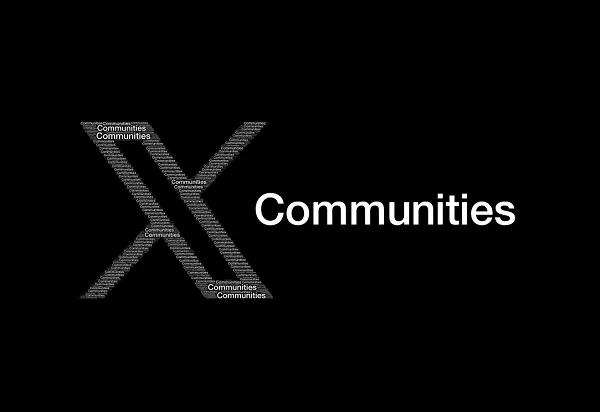

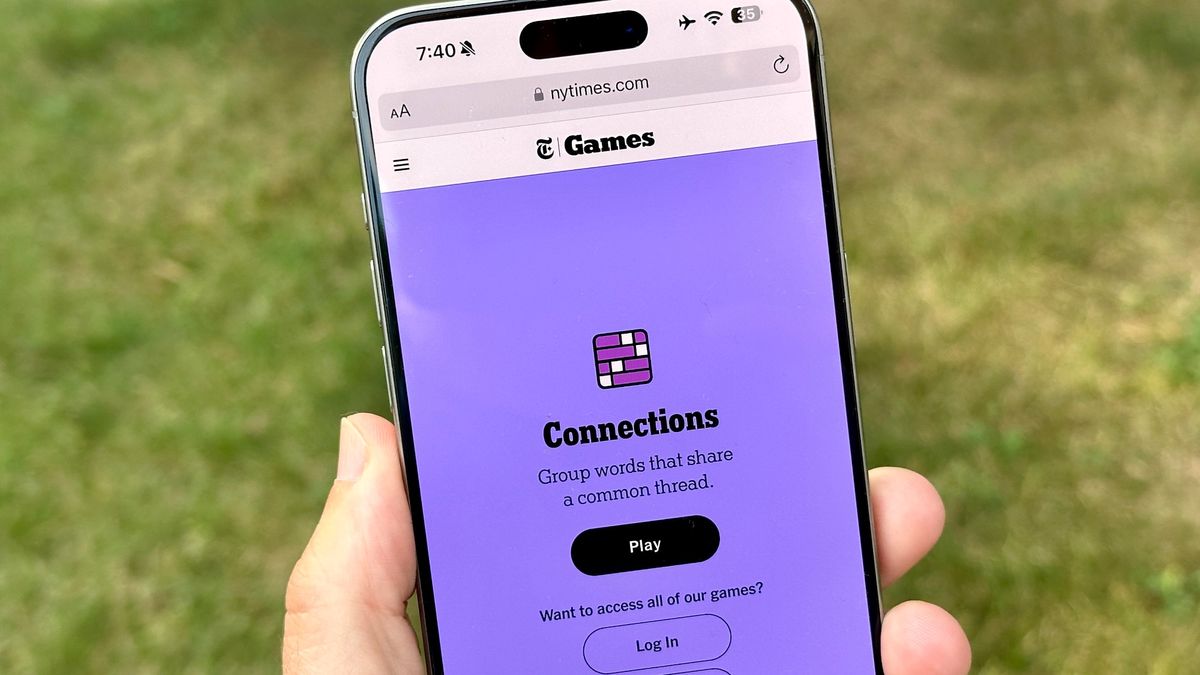


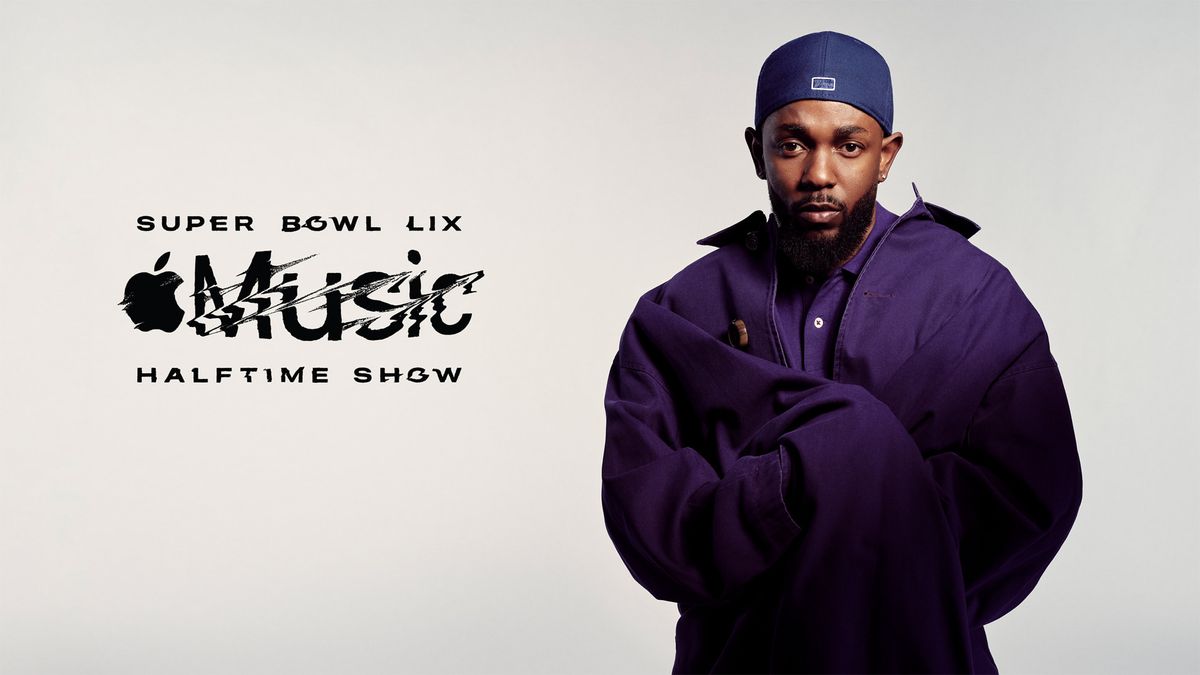
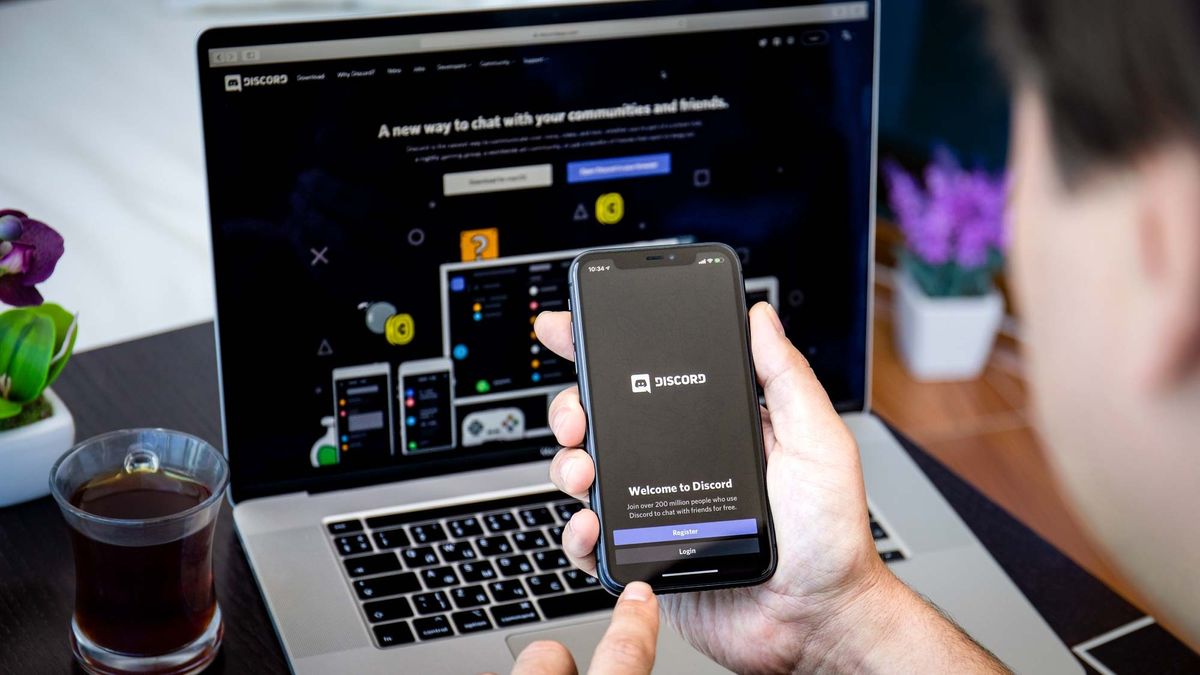

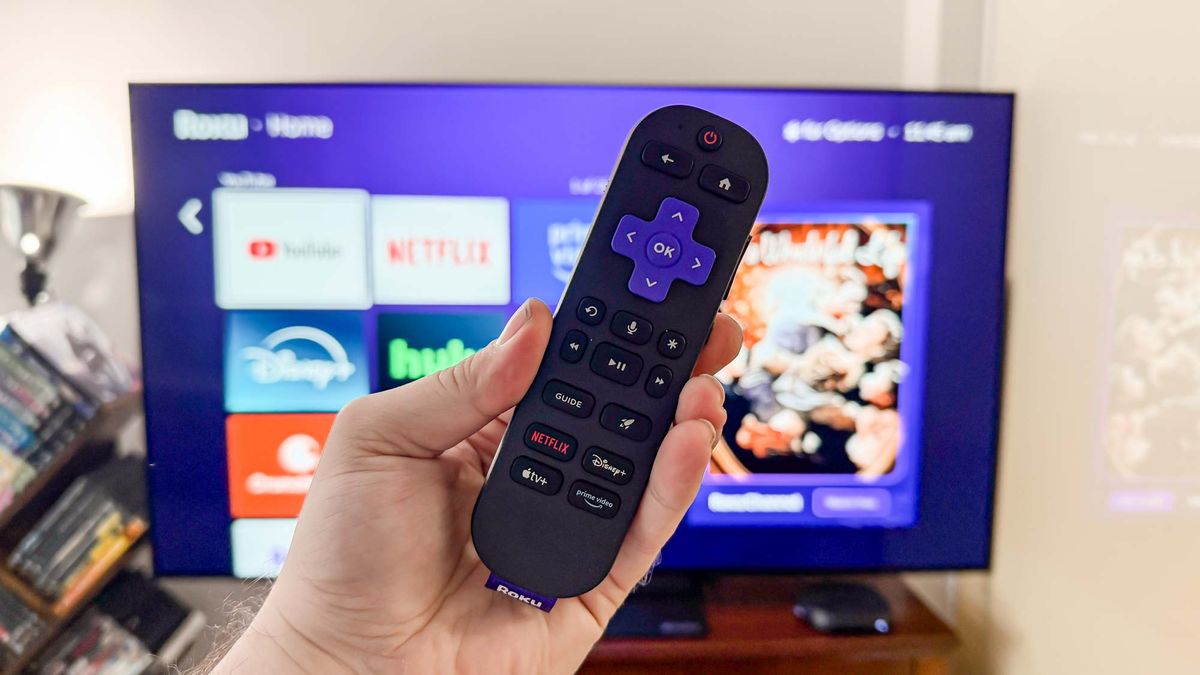



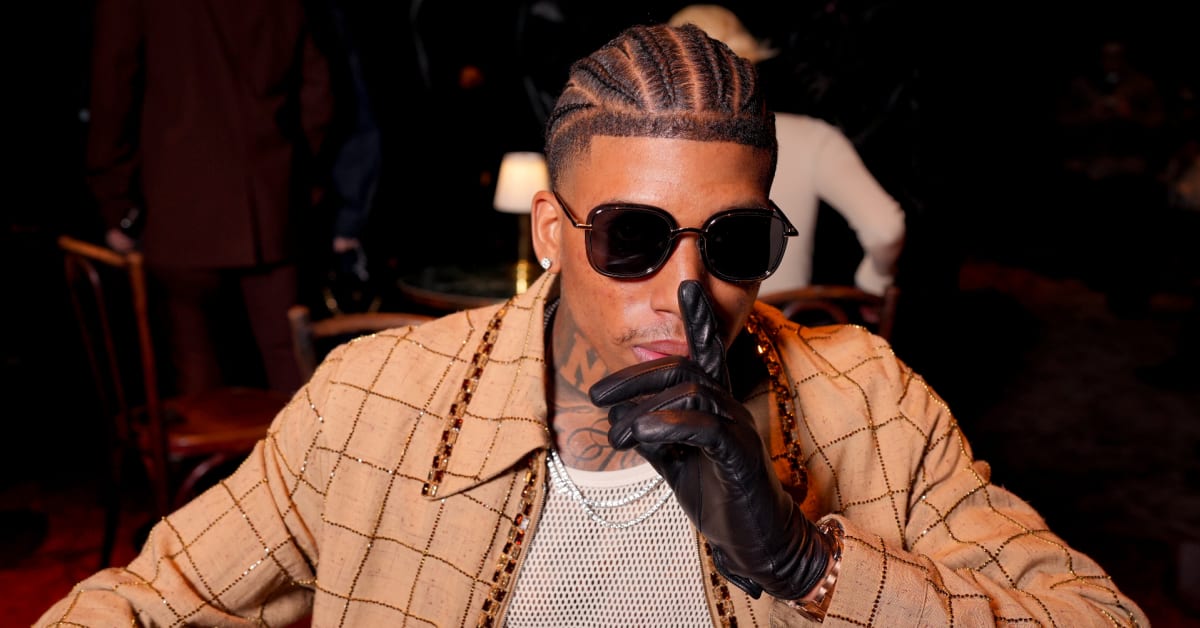






 English (US) ·
English (US) ·